AI Companies and Copyright: A Tense Standoff
The landscape of copyright law is rapidly evolving, particularly as it pertains to artificial intelligence (AI) technologies. Recent developments from the U.S. Copyright Office have stirred significant controversy in this realm, especially following the reported firing of its head, Shira Perlmutter, just a day after a critical draft report was released.
The Draft Report: Fair Use and AI
The draft of the third part of the Copyright Office’s report, published on May 9, addresses how generative AI models utilize copyrighted works. This section builds on earlier discussions regarding digital replicas and the potential copyrightability of AI-generated outputs. Notably, the report suggests that the use of copyrighted materials by AI developers often exceeds the bounds of existing fair use doctrines.
The draft raises a pivotal question: Do generative AI systems, which typically rely on vast datasets that include copyrighted content, require permission or compensation from the original copyright holders? This inquiry is particularly pressing given the ongoing lawsuits against major AI companies, including OpenAI, Meta, and Google, which have admitted to training their models on web-scraped content without compensating the creators.
Key Findings on Fair Use
The report emphasizes that the argument of fair use may not hold water in scenarios where AI companies utilize copyrighted materials in ways that could harm the market value or potential market for the original works. This insight poses a significant challenge for AI developers who often lean on fair use defenses while navigating legal challenges.
Tech law expert Blake E. Reid has characterized the report as “very bad news for the AI companies in litigation,” indicating that this draft could lead to unfavorable outcomes for firms seeking to defend their practices in court.
Fallout: Leadership Changes at the Copyright Office
In a surprising turn of events, Perlmutter’s termination was reported shortly after her agency voiced concerns regarding AI companies’ sweeping use of copyrighted works. Critics, including Representative Joe Morelle (D-NY), have suggested that Perlmutter’s firing is directly tied to her refusal to accommodate high-profile figures like Elon Musk, who has expressed interest in utilizing copyrighted content for AI training without proper permissions.
The timing raises questions about potential political motivations behind the dismissal, hinting at a broader agenda related to copyright enforcement in an era dominated by technological advancements.
Implications for the Industry
The Copyright Office’s impending final report is expected to maintain its current conclusions without significant modifications. With AI companies embroiled in litigation, the stakes are high. As the conversation around copyright and AI continues, a clearer regulatory framework will likely be needed to address these complex interactions, protecting the rights of creators while fostering innovation.
As we observe the unfolding narrative, the balance between technological advancement and copyright protections remains a contentious battleground, underscoring the importance of thoughtful regulation in an increasingly digital world.
Modern Footnote Source Link
For further reading on the topic, please refer to the published draft of Part 3 from the U.S. Copyright Office here.
Click here and see the Source















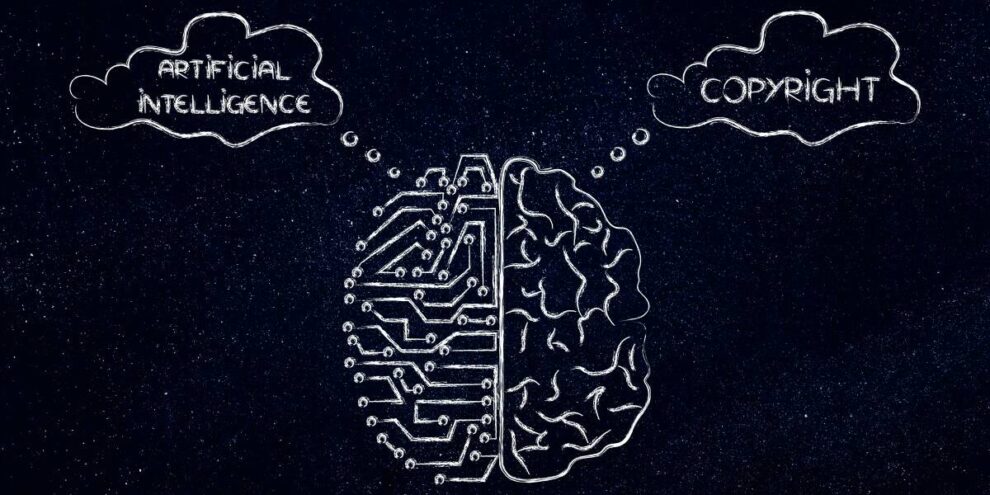
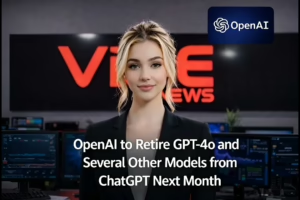
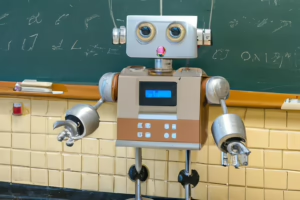
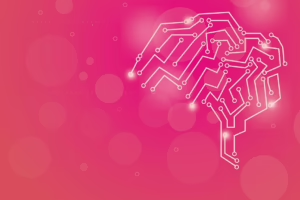
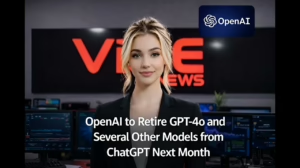
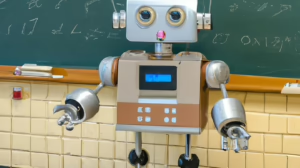





Add Comment